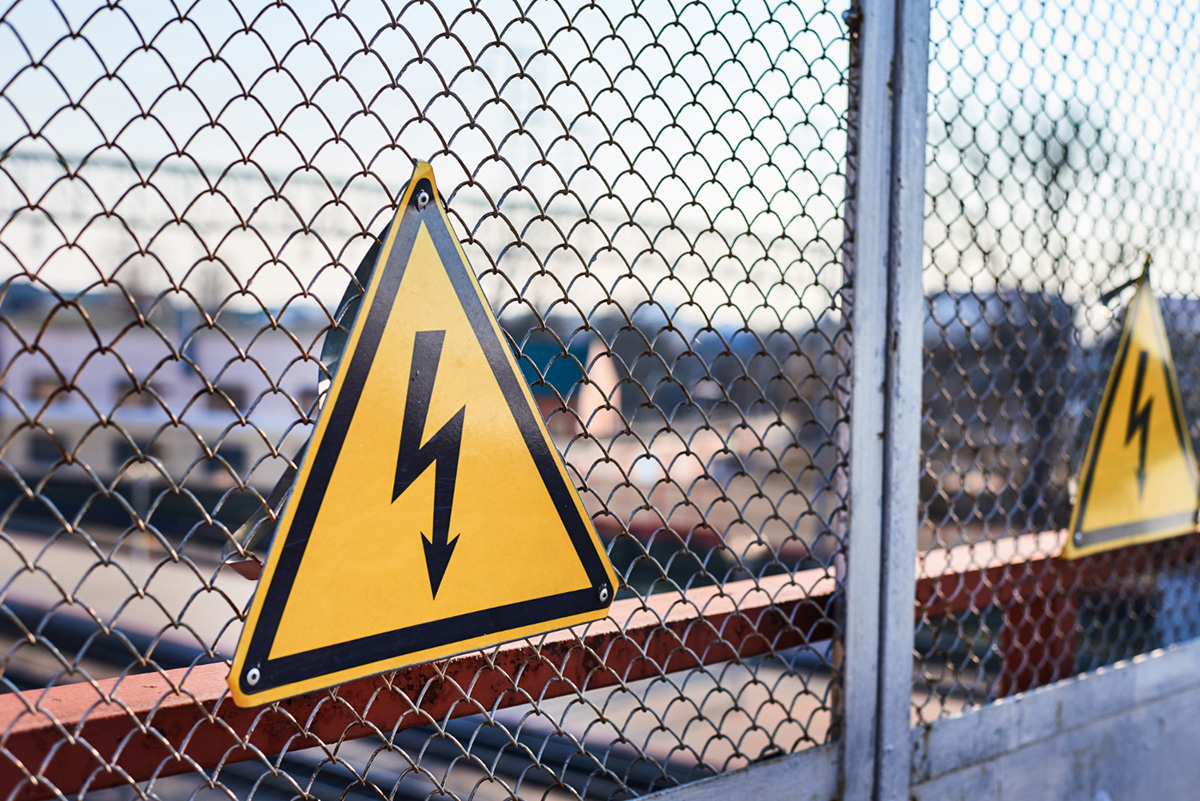Understanding Low Voltage vs. Line Voltage

Are you in the process of remodeling your home or building a new one? If so, understanding low voltage vs. line voltage is crucial to ensure that your electrical needs are met. The difference between the two types of electrical systems may seem confusing, but once you understand the basics, you'll be able to make an informed decision about which system is right for your home.
In this blog post, we'll discuss the differences between low voltage and line voltage systems and help you determine which system is best suited for your needs.
Low voltage systems are typically used for lighting and other small electrical appliances that require less than 50 volts to operate. These systems are often used in homes and commercial buildings to power landscape lighting, security systems, and home automation devices. One of the main advantages of low voltage systems is that they consume less energy and are therefore more cost-effective than line voltage systems. Another advantage is that low voltage systems are safer since they are less likely to cause serious electrical shock or injury.
On the other hand, line voltage systems are designed to deliver power directly to larger electrical systems like HVAC units, electric water heaters, and electric ovens. These systems require 120 or 240 volts to operate and are usually installed by professional electricians. One of the main advantages of line voltage systems is that they are more powerful and can handle higher loads than low voltage systems. This makes them ideal for powering large appliances and lighting fixtures. However, line voltage systems are also more expensive to install and require specialized equipment and training.
When choosing between low voltage and line voltage systems, it's important to consider your specific needs. If you're looking to install small electrical appliances or lighting fixtures, a low voltage system may be the right choice for you. However, if you need to power large electrical systems like HVAC units or electric water heaters, a line voltage system may be better suited for your needs.
Another factor to consider is cost. Low voltage systems are generally less expensive to install and operate than line voltage systems. However, if you're planning to power large electrical systems, the cost of a line voltage system may be offset by the increased power capabilities it provides.
Lastly, it's important to consider safety when choosing between low voltage and line voltage systems. While both systems are safe when installed correctly, low voltage systems are generally considered to be safer due to the lower risk of electrical shock or injury.
Conclusion
In conclusion, understanding the difference between low voltage and line voltage systems is crucial when choosing the right electrical system for your home or commercial building. By considering your specific needs, cost, and safety concerns, you'll be able to make an informed decision about which system is right for you. Whether you choose a low voltage or line voltage system, be sure to always hire a licensed and experienced electrician to ensure that your electrical system is installed safely and efficiently. If you're seeking for electrical contractors in Winter Park, FL, contact Spectrum Electric Inc today to schedule an appointment.
